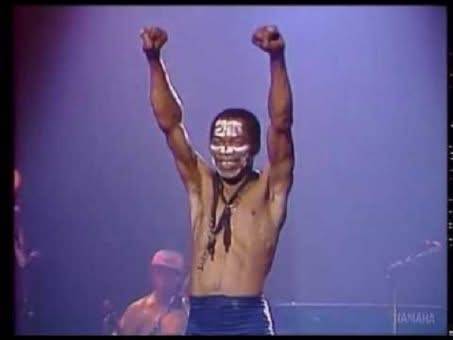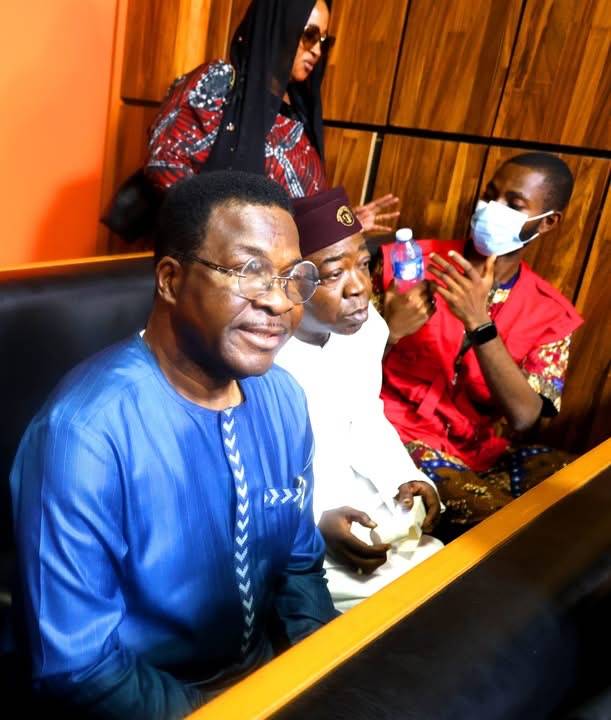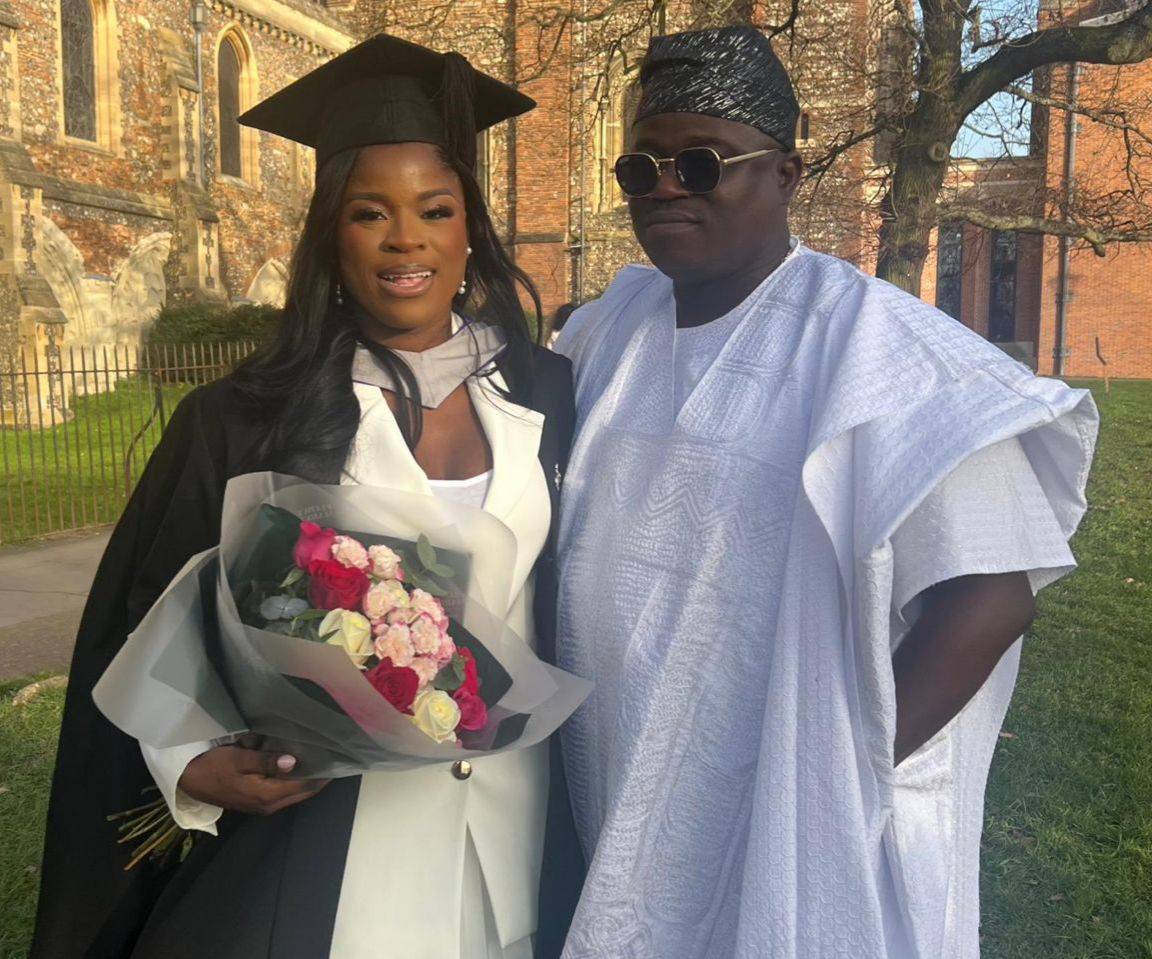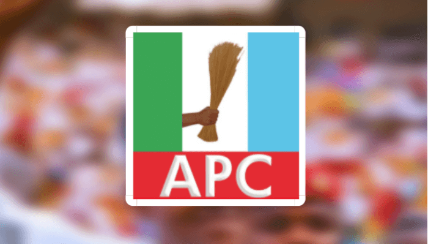By Sam Omatseye
Pat Utomi is a friend, and I have often regarded him as a friend. Not until recently, I never considered him, with his donnish airs, eyeglasses and abstract eyes, as a man who chases shadows. I should have, on second thought.
Delusion? Yes, he has been a man of delusions, including when he ran for president, and also, not long ago, when he wanted to be governor of my state, Delta.
He offered himself the ill-grace of being a candidate for his party, and he was going to lock horns with Great Ogboru. But he showed his signs of chasing shadows when on the day of the primary he asked for the delegates’ list.
A late-hour exam expo, in Nigerian parlance. It was also like arriving town at 10 am and asking for the venue of the exam that was billed for 10 am. It was the naivety of a don.
So, Utomi has been a man out of clock because he is out of sorts. Chasing shadows therefore fits him well. It fit him well when he called for the formation of a shadow government.
We must understand where Utomi is coming from. He is not coming from the intellect. He is not coming from a revolutionary instinct. He is not coming from political theory. He is also not coming from the wellspring of patriotism.
Nor is conscience the fuel. He is a victim of his own malice.
He has a beef with the APC. Maybe he should. He said he was in the think tank that fashioned the manifesto and working idea of the party. But once the broth was ready, he was shooed out of the kitchen.
For a man with an appetite, that must be jarring. I wonder why no one remembered to give him even a shadow of a chicken when Buhari took over the kitchen.
Someone who did that must take the blame for Utomi’s shadowy condition.
The Minister of Information, Mohammed Idris, would not have corrected him to the effect that presidential systems do not hug shadows.
He was not educating the professor of political science. He already knows. He knows that it is the Westminster system that installs shadow governments as opposition pedestals.
The prescient professor must have seen the words of former United States President Theodore Roosevelt’s lines about such sneaky elements in a presidential system, when he wrote, “to befoul the unholy alliance between corrupt business and corrupt politics is the first task of the statesmanship of today.”
We borrowed our system from that country. The good prof knows that, too.
Read Also: Pope’s inaugural Mass: Tinubu banters with Obi, Fayemi at Vatican
Utomi is too smart not to know that shadow governments do not rise out of whims.
In the United Kingdom, Canada and even Australia where shadow governments subsist, the cabinets often are elected persons. They win elections at the local levels. The members of such governments are therefore voices of the people.
They are not accidental business men or professors of fortune who want to be in government.
The reason they are elected, though, is because they have to be loyal to the constitution and the legitimacy of the government at the centre.
Hence, some of those systems name them loyal opposition.
In shadow governments, the opposition lawmakers have titles without offices. They are dud. They have their say, not their way.
The ruling governments have offices and titles. They are substantial.
The Westminster system creates a real government and shadow one because all the actors play in a single chamber in a collegial atmosphere.
Even when they battle, the smoke expires within the house.
They all have constituencies to report to because whoever elected them whether as shadow cabinet or real one, are not shadows at the polls.
But Utomi is not thinking that way. If he were, he would have contemplated the word government rather than the ‘adjective’ shadow.
The qualifier is nothing without the noun.
He may be lost in a shadow reality. A government is not so-called out of an impulse. It needs a constitutional legitimacy. We have had it before in this country, in the First Republic. Obafemi Awolowo was the leader of the opposition, and he flourished within the structures of a codified law and convention.
Our professor also must know, unless his immersion in business has rid him of his theories, that the most valuable tool to a political scientist is history. Maybe he should read more history than theory, since theories can sometimes deprive you of the roots of political philosophy. If you listen to Utomi often, you realise that he touts theories with little appetite for objective facts from the past.
He will do well to read the masters from Aristotle to Rousseau, even more contemporary ones like Charles Taylor.
We know that many writers, including columnists these days, are undergoing a divorce from history. That is evident from the recent infatuation with Ibrahim Traore, the upstart from Burkina Faso, and how he has switched one form of slavery for another. And Russian’s foxy-eyed Putin has made him a pawn on a global chessboard.
When the DSS took him to court, it is not because they wanted to gag. It is because democracy ought to gag. The law ought to gag. What he is doing is subversion.
You do not form a government outside the law. He is trying to foment political guerillas in the guise of a neat idea.
It is rebellion by stealth. But it is illegitimacy with a bold face.
Utopia celebrated the news that some people wanted to gather a cloud of 500 lawyers to support him. I want to ask those lawyers where they were going to find a shadow government in the constitution.
Jesus lashed out at lawyers who have lost the key of knowledge.
Our smart professor is just following the script of the 2023 election grievance. He still has not recovered from a loss, where his party came a distant, if hefty third. Some of his followers failed through the courts after trying to intimidate the justices.
Some of them then started calling the army to take over.
I never heard the good prof say anything about those subversives.
Nor did he say a word about clerics whose prophecies bowed to reality.
Utomi knows too that no system is locked up. It can be tweaked. But he also knows that it goes through a process. If he thinks a presidential system should have a shadow government, he is welcome to advance a theory.
He will then have to deploy history, and show to us that it can work. He will also have to push elected officers to propound it and shepherd it until it becomes a legislation.
If he does not want to? Then, he is working for a subversion. That fits into how people have looked at shadow as a metaphor for ominous, an insubstantial idea to heist the state.
Or it will be a wraith of an impulse that Shakespeare, in his play Macbeth, describes as “a walking shadow, a poor player, That struts and frets his hour upon the stage, And then is heard no more.
It is a tale Told by an idiot, full of sound and fury, Signifying nothing.” Or it may signify the illusion of the subvert Macbeth, who was afraid of a shadow after he murdered sleep.
Culled from The Nation












